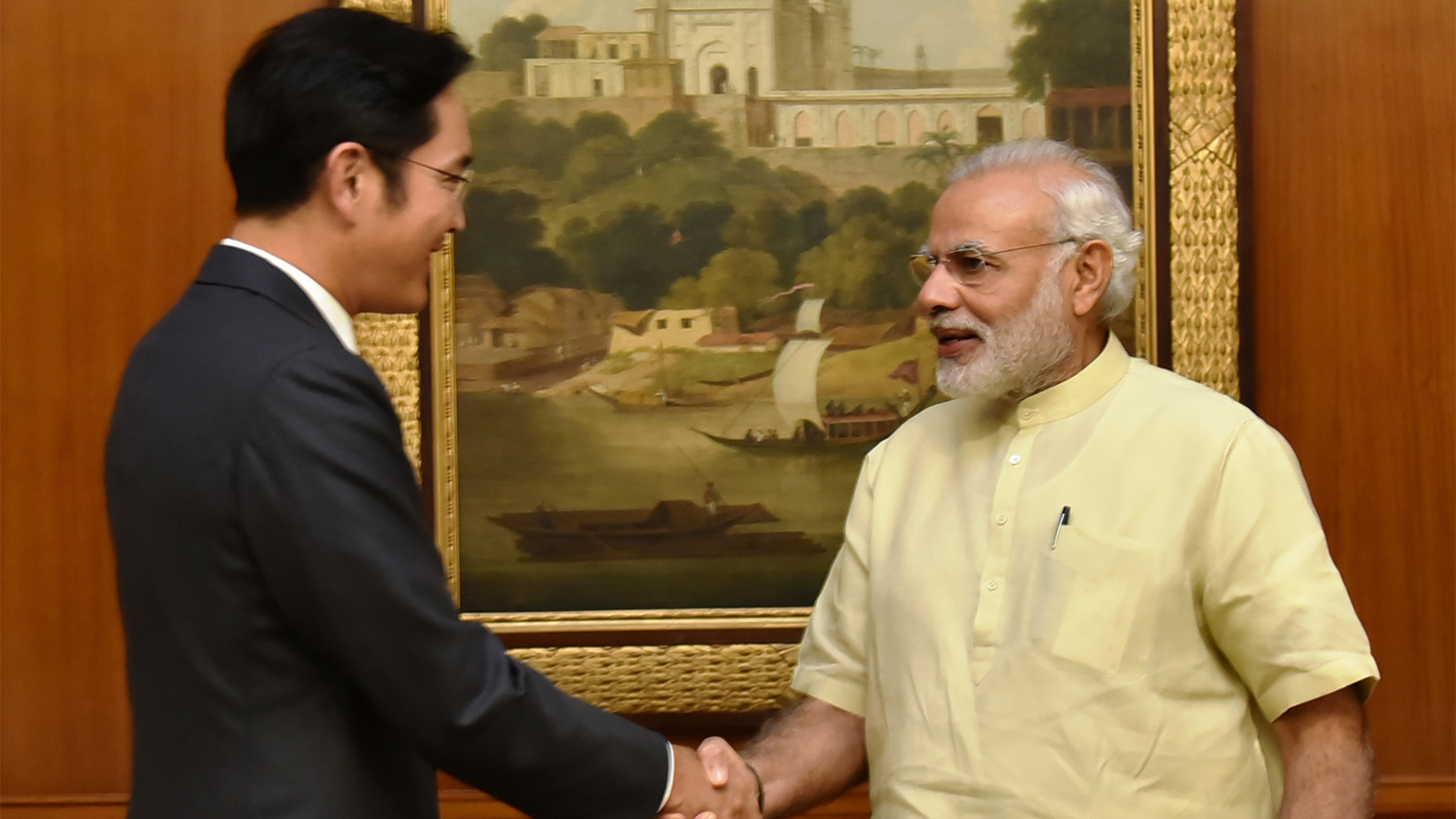Samsung boss with a history of legal troubles now facing five-year prison sentence due to alleged merger misdealings
Samsung's executive chairman is accused of illegally benefiting from a merger.

Jay Y. Lee, the executive chairman of Samsung Electronics, faces a challenging situation. Korean prosecutors have demanded that he be imprisoned for five years for his alleged involvement in a controversial merger. The Seoul Central District Court is set to conclude its extensive three-year trial with a ruling on January 26, reports Bloomberg.
The case against Lee revolves around the 2015 merger of Samsung C&T Corp. and Cheil Industries. They argue that Lee, along with other Samsung executives, took a series of illegal steps to engineer the merger and unfairly benefitted from it. Prosecutors want to see Lee face five years of imprisonment and a 500 million won ($385,600) fine. This trial, part of a series of legal challenges for Lee, has been ongoing for over three years, drawing significant attention to the governance of South Korea's largest conglomerate.
In his defense, Lee strongly refutes any wrongdoing. He presents himself as a dedicated leader who has had to steer Samsung amidst a rapidly changing global technological environment, supply chain difficulties, and geopolitical uncertainties. In a recent courtroom appearance, he passionately appealed for the opportunity to maintain his leadership position, highlighting his commitment to preparing the company for future growth.
"I will give everything I have to fulfill these responsibilities," he said. "Please give me an opportunity to focus on moving forward with all my capabilities."
Lee's legal troubles date back to 2017, involving accusations of bribery and corruption, and he has experienced incarceration twice previously. In a turn of events, Lee was granted a presidential pardon in August 2022 for a different conviction, a move that allowed him to formally reassume his leadership position at Samsung.
Beyond his personal defense, Lee also expressed concern for his fellow executives involved in the case. Lee asked the court to show leniency towards these former Samsung executives, who dedicated their lives to the company. This gesture underscores Lee's attempt to shoulder responsibility not only for the company's future but also for the individuals who have served it alongside him.
Get Tom's Hardware's best news and in-depth reviews, straight to your inbox.

Anton Shilov is a contributing writer at Tom’s Hardware. Over the past couple of decades, he has covered everything from CPUs and GPUs to supercomputers and from modern process technologies and latest fab tools to high-tech industry trends.
-
ingtar33 the problem right now in SKorea is Samsung is like 40% of the employment in the nation. They're the country at this point. Furthermore this makes it nearly impossible to get an actual read on guilt or innocence with regard to anything about samsung, because they're so powerful it's hard to tell where honest influence or innocent campaign contributions and corruption exist. Furthermore everything they do is viewed as political at this point in time. (how can't it be? they're basically running the country)Reply
So I don't think we'll ever know if Samsung actually committed crimes in this case, or if this is a politically motivated prosecution by someone samsung snubbed... or something in between. Just have to hope the jury and judge are honest i guess. -
Co BIY The Korean chaebol system and complicated inter-ownership between the large companies make them pretty difficult to understand as an outsider.Reply
Korea also seems to prosecute and imprison their political leaders more often than others as well. (Whether that is good or bad is impossible for me to tell)
Are Korean Executives extremely well compensated like US executives ?
US executives (backed by their boards) can legally write themselves ginormous checks so no need to get small kickbacks inside the deals.
Some research (Google) shows Korean Execs get paid 16x the average workers pay while US Execs get over 300X average worker pay ! - Some of that is probably explained by firm and economy size but it looks like a large cultural difference.
Samsung board could be reacting to being underpaid compared to their value added ?